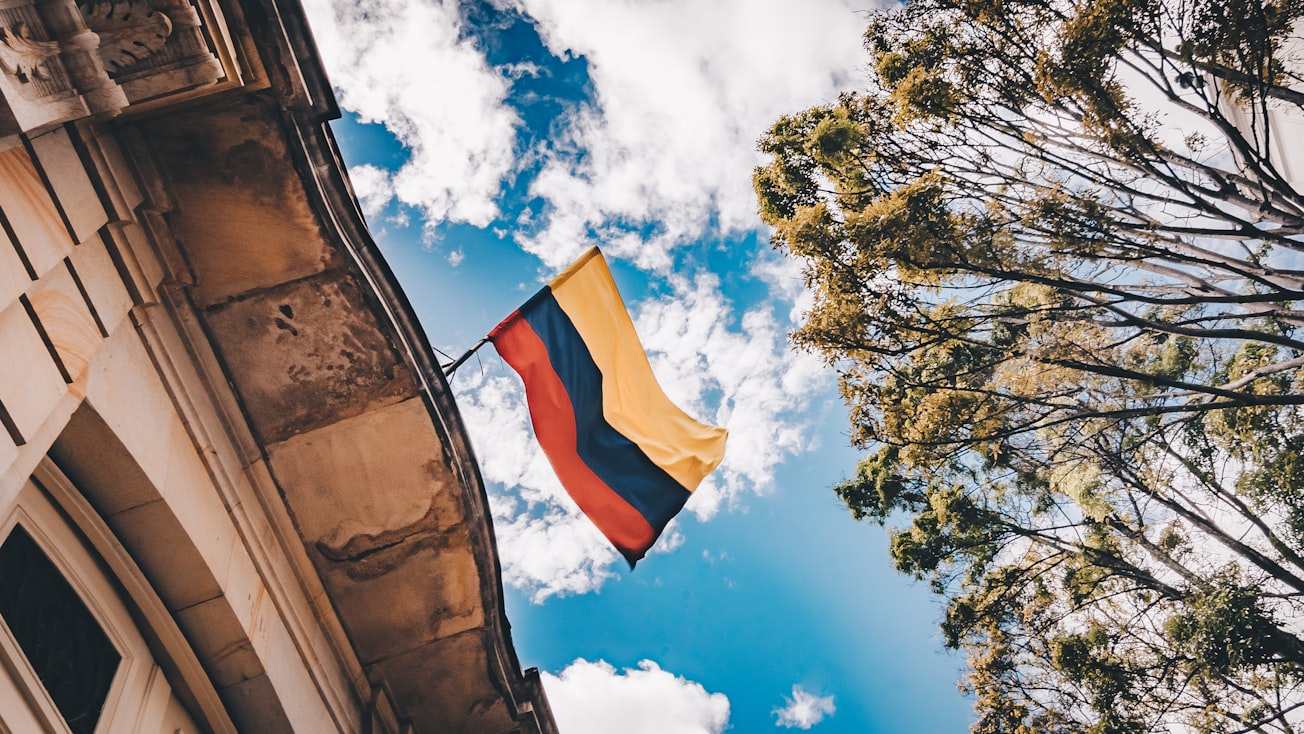What is it about?
The chapter analyses the political impact of the agreement, that was the subject of much criticism by anti-U.S. governments in the Andean region, namely, Venezuela, Ecuador, and Bolivia, in a period of the left turn in South America. Their argument, was that Colombia was at the service of the American interests, despite the Bogotá’s efforts to explain the necessity of military aid to combat de internal threats (insurgency and drugs).
Featured Image

Photo by Flavia Carpio on Unsplash
Why is it important?
An interesting perspective to understand the international relations and balance of power in the South American region, during the 2000's decade.
Perspectives
Since that moment, Colombia´s role in the region changed, becomes a pacific state throughout a peace process, in the middle of a new political context in the region: the left turn ended and the right-wing parties come to power.
Fabio Sánchez
Universidad Sergio Arboleda
Read the Original
This page is a summary of: Cooperation and Discord in South America in the Twenty-First Century, January 2012, Springer Science + Business Media,
DOI: 10.1057/9781137010476_10.
You can read the full text:
Resources
The U.S. - Colombia Defense Cooperation Agreement (2009)
The U.S. - Colombia Defense Cooperation Agreement (2009)
Cooperation and Discord in South America in the Twenty-First Century
Relations between Colombia and the United States have been simultaneously complex and peculiar. Bogotá has been a traditional ally of Washington’s with respect to international law, democracy, and multilateralism, and the international order promoted by the United States after 1945. However, both Colombia’s internal conflicts and its drug-related problems have affected that country’s image since the 1950s. This has also limited bilateral relations and has facilitated the prioritization of U.S. military and social aid (via Plan Colombia) toward the defeat of the insurgency—and even more so after the 9/11 attacks, which resulted in the two countries growing closer due to the mutual sympathy between Presidents Uribe and Bush.
Contributors
The following have contributed to this page







